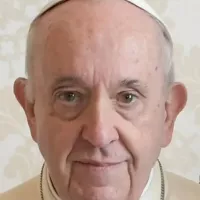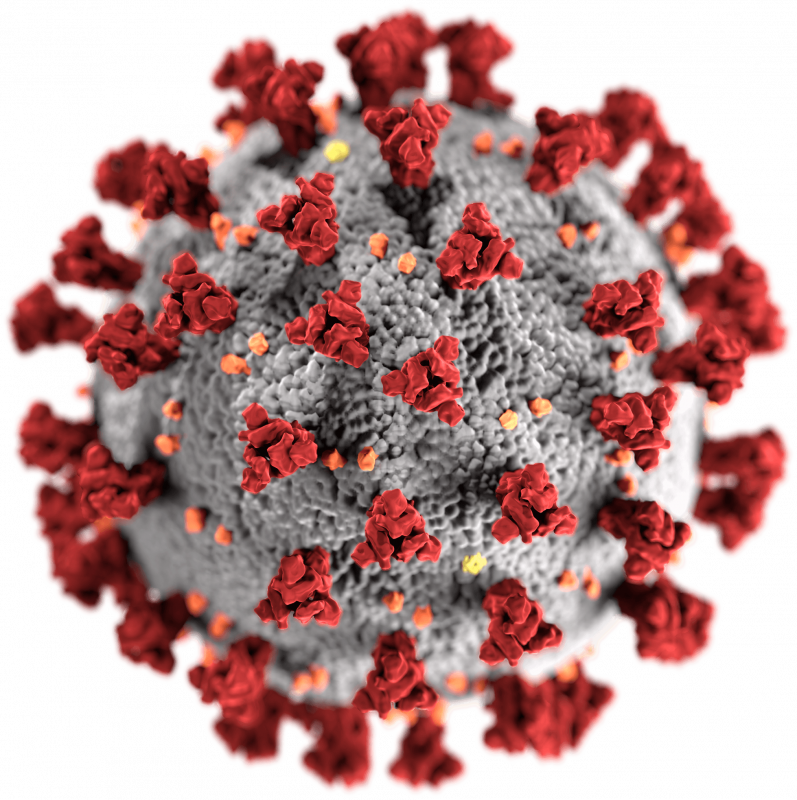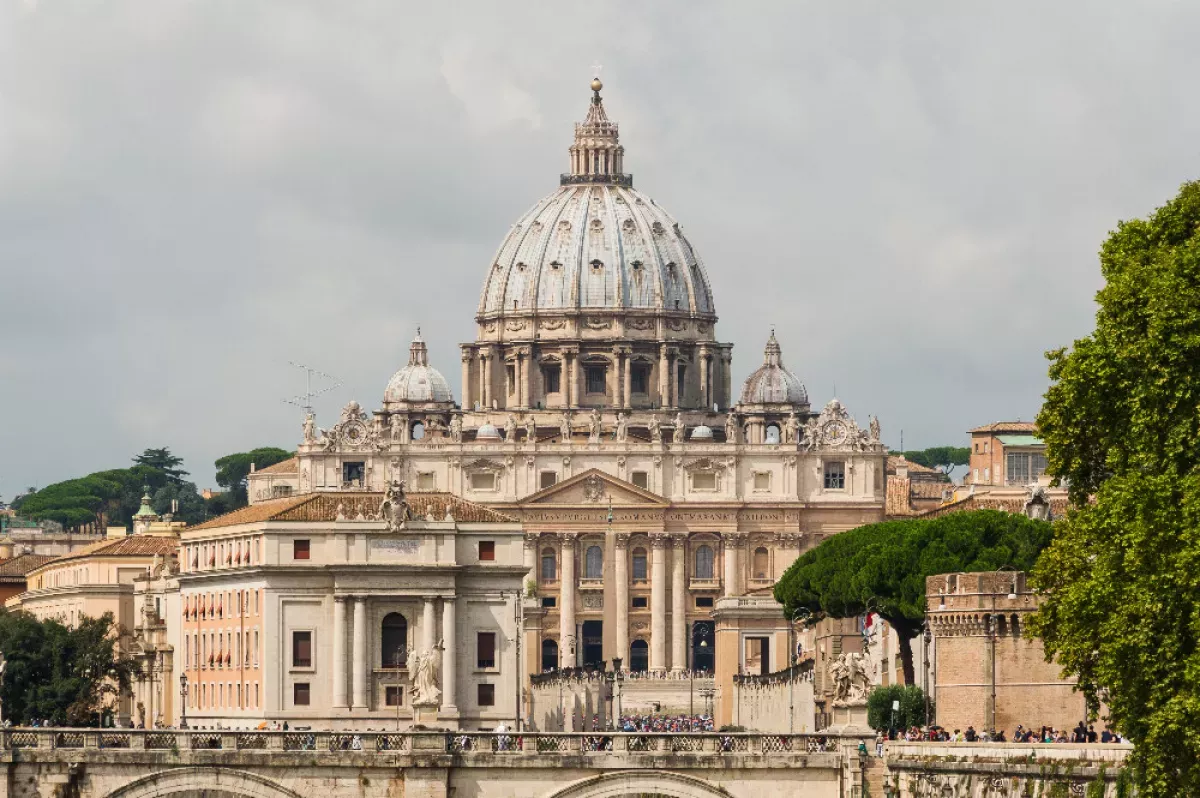The Catholic Church, the largest Christian church globally with over a billion members, is a historically significant institution deeply intertwined with Western civilization's development. It comprises 24 autonomous churches, including the Latin Church and 23 Eastern Catholic Churches, divided into roughly 3,500 dioceses overseen by bishops. The Pope, the bishop of Rome, serves as the Church's leader.
1929: Lateran Treaty
In 1929, the Lateran Treaty was signed, resolving the Roman question. The Holy See acknowledged Italian sovereignty over the former Papal States in return for payment, and Italy recognized papal sovereignty over Vatican City as a new sovereign and independent state.
1950: Assumption of Mary Defined as Dogma
In 1950, Pope Pius XII defined the Assumption of Mary as infallible dogma, asserting that her body was assumed directly into heaven at the end of her life.
1962: Second Vatican Council Started
In 1962, Pope John XXIII initiated the Second Vatican Council, which sought to modernize the Catholic Church by allowing Mass in the vernacular and encouraging active participation. This "opening of the windows" aimed to engage the church more closely with the present world, leading to changes in liturgy and improved relations with other religions.
1962: Authorization of the 1962 form of the Roman Rite
In certain circumstances, the 1962 form of the Roman Rite remains authorized in the Latin Church.
1962: Use of Tridentine Mass
Pope Benedict XVI was known for increasing use of the Tridentine Mass as found in the Roman Missal of 1962, which he titled the "Extraordinary Form".
1964: Orientalium Ecclesiarum Vatican II decree
In 1964, the Vatican II decree Orientalium Ecclesiarum led Eastern Catholic Churches to return to traditional Eastern practices, moving away from liturgical Latinization.
1965: Second Vatican Council
In 1965, the Second Vatican Council ended. It started in 1962.
1968: Annulments in the United States
In 1968, 338 marriages were annulled in the United States.
1968: Pope Paul VI rejects artificial contraception
In 1968, Pope Paul VI firmly rejected all artificial contraception in his encyclical Humanae vitae, while permitting the regulation of births by means of natural family planning (NFP).
1969: Promulgation of the Roman Rite form by Pope Paul VI
In 1969, the most widely used form of the Roman Rite was promulgated by Pope Paul VI.
1969: Post-1969 Editions of the Roman Missal
The present ordinary form of Mass in the Roman Rite, found in the post-1969 editions of the Roman Missal, is usually celebrated in the local vernacular language, using an officially approved translation from the original text in Latin.
1976: Declaration on Admission of Women to Priesthood
In 1976, the Roman Curia issued the Declaration on the Question of the Admission of Women to the Ministerial Priesthood against the proposal to ordain women.
1978: Election of Pope John Paul II
In 1978, Pope John Paul II, formerly Archbishop of Kraków, became the first non-Italian pope in 455 years. His pontificate was one of the longest in history.
1979: Mother Teresa awarded Nobel Peace Prize
In 1979, Mother Teresa of Calcutta, India, the founder of the Missionaries of Charity, was awarded the Nobel Peace Prize for her humanitarian work among India's poor.
1983: Code of Canon Law
Currently, the 1983 Code of Canon Law is in effect for the Latin Church.
1983: Code of Canon Law imposes excommunication for abortion
In 1983, the Code of Canon Law imposed automatic excommunication on Latin Catholics who procure an abortion, if they fulfill the conditions for being subject to such a sanction.
1983: Use of Catholic Church name
In 1983, the name "Catholic Church" is used in the Code of Canon Law.
1988: Mulieris Dignitatem issued
In 1988, Mulieris Dignitatem was issued against the proposal to ordain women.
1990: Code of Canons of the Eastern Churches
In 1990, Canon law citations from the Code of Canons of the Eastern Churches are labelled "CCEO, Canon xxx".
1990: Use of Catholic Church name
In 1990, the name "Catholic Church" for the whole church is used in the Catechism of the Catholic Church.
1994: Ordinatio sacerdotalis issued
In 1994, Ordinatio sacerdotalis was issued. Pope John Paul II affirmed that the Catholic Church "does not consider herself authorised to admit women to priestly ordination".
1996: Bishop Carlos Filipe Ximenes Belo wins Nobel Peace Prize
In 1996, Bishop Carlos Filipe Ximenes Belo won the Nobel Peace Prize for "work towards a just and peaceful solution to the conflict in East Timor".
1998: Catholics for Choice statement on contraception use
In 1998, Catholics for Choice, a political lobbyist group, stated that 96% of American Catholic women had used contraceptives and that 72% believed one could be a good Catholic without obeying the church's teaching on birth control.
2001: Revision of the Roman Rite form by Pope John Paul II
In 2001, the Roman Rite form which was originally promulgated by Pope Paul VI, was revised by Pope John Paul II.
2005: Election of Pope Benedict XVI
In 2005, Pope Benedict XVI was elected. He was known for upholding traditional Christian values and increasing the use of the Tridentine Mass.
2006: Diocesan tribunals complete annulment cases
In 2006, diocesan tribunals worldwide completed over 49,000 cases for nullity of marriage. In the United States, 27,000 marriages were annulled in 2006.
2009: Anglicanorum Coetibus Document
Since 2014, clergy in the small personal ordinariates set up for groups of former Anglicans under the terms of the 2009 document Anglicanorum Coetibus are permitted to use a variation of the Roman Rite called "Divine Worship", which incorporates elements of the Anglican liturgy and traditions.
2010: Eastern Catholic Churches Membership
As of 2010, the 23 self-governing Eastern Catholic Churches had a combined membership of 17.3 million.
2010: Catholic Church Healthcare Management
In 2010, the Catholic Church managed 26% of health care facilities in the world.
2013: Resignation of Pope Benedict XVI
In 2013, Pope Benedict XVI resigned, becoming the first pope to do so in nearly 600 years, citing the frailties of advanced age.
2013: Election of Pope Francis
In 2013, Pope Francis became the first pope from the Americas, the Southern Hemisphere, and outside Europe since the eighth-century Gregory III.
2013: Pope Francis quotes Catechism in interview
In 2013, Pope Francis quoted a part of the Catechism in a press interview when asked about an individual.
2014: Pontifical Commission for the Protection of Minors instituted
In 2014, Pope Francis instituted the Pontifical Commission for the Protection of Minors for the safeguarding of minors.
2014: Use of Divine Worship
Since 2014, clergy in the small personal ordinariates set up for groups of former Anglicans are permitted to use a variation of the Roman Rite called "Divine Worship", which incorporates elements of the Anglican liturgy and traditions.
May 2015: Laudato si' published
On May 24, 2015, Pope Francis published Laudato si', critiquing consumerism, irresponsible development, environmental degradation, and climate change.
2015: Pope Francis concerned about Church obsession
In 2015, Pope Francis expressed his concern that the church has become "obsessed" with issues such as abortion, same-sex marriage, and contraception, and for prioritizing moral doctrines over helping the poor and marginalized.
2016: Number of Parishes Worldwide
As of 2016, there are approximately 221,700 parishes worldwide.
2016: Meeting between Pope Francis and Patriarch Kirill
In 2016, Pope Francis met with Patriarch Kirill of Moscow, head of the largest Eastern Orthodox church. It was reported as the first such high-level meeting between the two churches since the Great Schism of 1054.
2017: Pope Francis Visit in Egypt
In 2017, during a visit to Egypt, Pope Francis re-established mutual recognition of baptism with the Coptic Orthodox Church.
December 2020: Congregation for the Doctrine of the Faith on COVID-19 vaccines
In December 2020, the Congregation for the Doctrine of the Faith emitted a document stating that it is morally acceptable to receive Covid-19 vaccines that have used cell lines from aborted fetuses in their research and production process when no alternative vaccine is available.
2020: Catholicism as Second-Largest Religion
As of 2020, Catholicism is the second-largest religious body in the world after Sunni Islam.
2020: Pope Francis on death penalty
In his 2020 encyclical Fratelli tutti, Pope Francis repeated that the death penalty is "inadmissible" and that "there can be no stepping back from this position".
2021: Number of Catholic Dioceses
As of 2021, the Catholic Church has 3,171 dioceses globally.
January 2022: Pope Francis states death penalty is inadmissible
On January 9, 2022, Pope Francis stated in his annual speech to Vatican ambassadors that the death penalty cannot be employed for a purported state justice.
2022: Male religious count
As of 2022 there were 49,414 male religious committed to religious or consecrated life.
2023: Church membership
According to the Annuario Pontificio, church membership, defined as baptized Catholics, was 1.406 billion at the end of 2023, which was 17.4% of the world population.
2023: Number of Ordained Clergy
Also as of the end of 2023, there were 463,859 ordained clergy, including 5,430 bishops, 406,996 priests (diocesan and religious) and 51,433 deacons (permanent).
2023: Female religious count
As of 2023 there were 589,423 women religious committed to religious or consecrated life.
October 2024: Number of Non-ordained ministers
As at October 2024, non-ordained ministers include 2,883,049 catechists and 413,561 lay missionaries.
May 2025: Election of Pope Leo XIV
On 8 May 2025, Pope Leo XIV was elected as Pope by a papal conclave.
2025: Catholics globally
According to the World Christian Database, there are 1.272 billion Catholics globally, as of 2025.
2025: Election of Pope Leo XIV
In 2025, Pope Leo XIV was elected, being the first Augustinian pope, the first North American pope, and the first pope of Peruvian citizenship.
Mentioned in this timeline

Pope Francis served as the head of the Catholic Church...
India officially the Republic of India is a South Asian...
Germany officially the Federal Republic of Germany is a nation...

COVID- vaccines are designed to provide immunity against SARS-CoV- the...
Portugal officially the Portuguese Republic occupies the Iberian Peninsula in...
Spain officially the Kingdom of Spain is located in Southern...
Trending

15 minutes ago Jacob Elordi's 'Wuthering Heights' film sparks debate with cringe press tour and changed ending.
16 minutes ago Telemundo News: Oakland clean city campaign, Weslaco crash leaves one dead.

16 minutes ago Flau'jae Johnson: Dominating Basketball, Fashion, and LSU's Showdown Against South Carolina.
16 minutes ago Nepal faces West Indies in crucial T20 World Cup match in Winnipeg.

1 hour ago Marco Rubio Addresses Allies at Munich Security Conference Amid US-Europe Rifts.

1 hour ago Julia Roberts celebrates husband Danny Moder's birthday with rare photo and floral dress.
Popular

Kid Rock born Robert James Ritchie is an American musician...
Randall Adam Fine is an American politician a Republican who...

Pam Bondi is an American attorney lobbyist and politician currently...

Barack Obama the th U S President - was the...
The Winter Olympic Games a major international multi-sport event held...

XXXTentacion born Jahseh Dwayne Ricardo Onfroy was a controversial yet...
